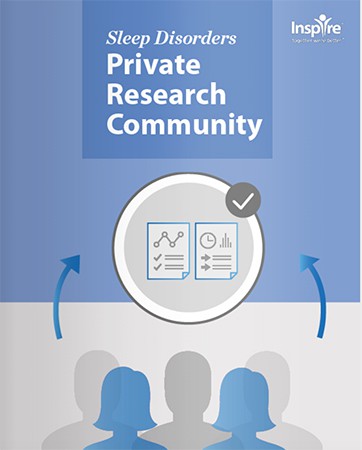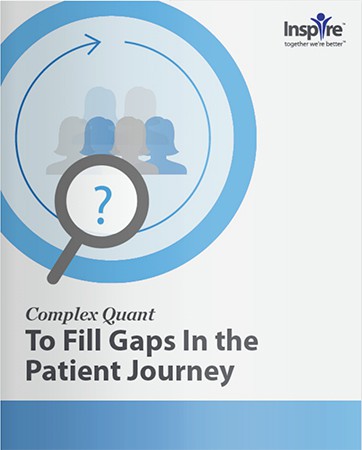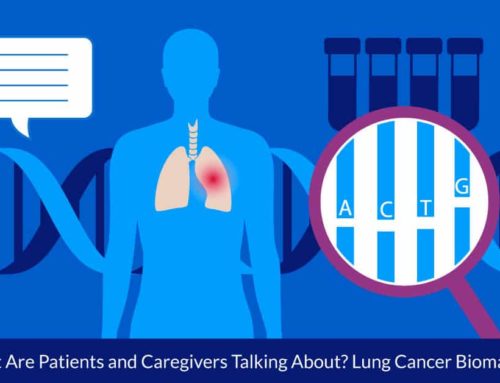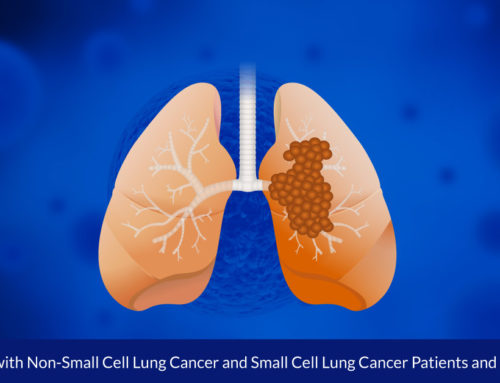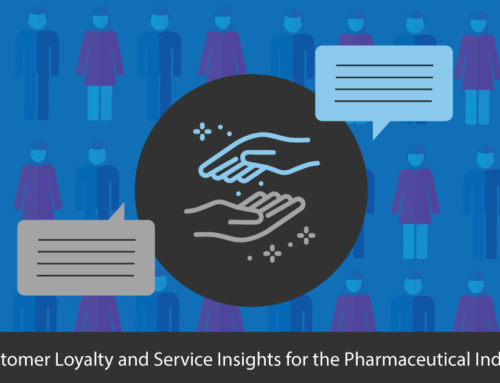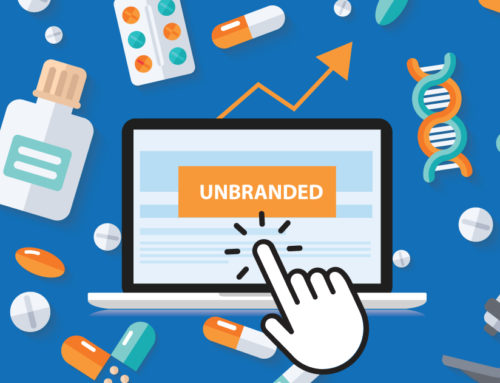A Researcher’s Goldmine: Quality, Motivated Participants, Fast
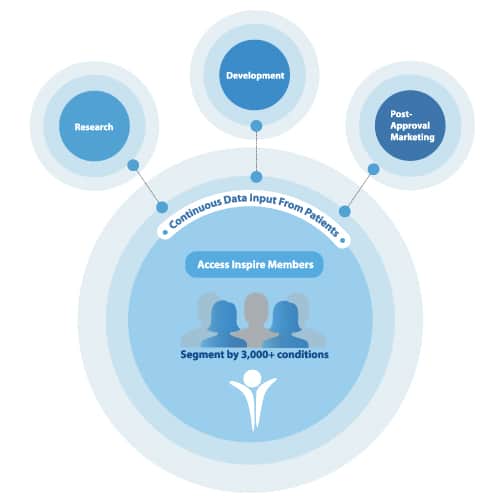
Seventeen years. That’s the average lag time between early clinical research efforts and real, positive, public health, pharmaceutical, or clinical interventions.1 Contributing to this delay is recruitment: the daunting task of finding and retaining willing participants for clinical trials and subsequent market research. In the almost 11,000 clinical trials that were enrolling 2.8 million participants altogether in 2009, 27% failed to enroll anyone.2 In fact, less than five percent of adults with cancer participate in clinical trials.3
It is a time consuming task to identify participants based on specific criteria, who have rare conditions and/or are otherwise hard to reach.
As an example, the Inspire Insights team worked with a client in the oncology space whose needs included a highly specific patient/caregiver population. After a screening survey that yielded 648 respondents, only 86 people (13%) were eligible to participate in the project.
At the same time, the client requested that another market research vendor develop the research survey and conduct analysis on the back end. The client wanted the other vendor to provide respondents who were not Inspire members in order to represent the ‘offline’ population.
In a joint call with the client, the other vendor presented two options for recruitment:
1) use one panel company to potentially get 10 patients by leveraging their physician panels
2) use another panel company to get about 10-30 patients via other patient-focused social media sites.
The second option did not solve the client’s need for an ‘offline’ patient population. It also increased the chances of duplicate responses. This made option 1 seem like the better solution; however, questions also arose with option 1. For example, would asking patients to participate in market research interfere with HIPAA compliance and/or harm the physician/patient relationship?
But the final hitch in the implementation of option 1 was that it would take at least two months to execute.
Ultimately, the client decided to entirely complete the project with the Inspire sample; this move saw fielding completed in only four days.
The Inspire Difference
Yes, there are other companies that provide participants for research. How is Inspire different? Why work with us?
Motivation and timeliness is the answer.
Motivation
People who sign up for panel companies are more focused on making money; they may even be professional survey respondents. People who sign up to be members of Inspire come for support and information. Our members didn’t come to Inspire for market research opportunities.
This difference in motivation yields authentic results.
Here is another example of motivated participants: Sleep Disorders Private Research Community
Timeliness
Panel companies take a significant amount of time finding respondents as described in the example above.
Inspire is integrated into our members’ lives. Patients come to Inspire regularly because it is available as a support resource, 24 hours a day, 7 days a week. Inspire participants are engaged and available.
Take a look at our case studies and see what other companies have gained by working with us.
Inspire offers a trusted community to patients and caregivers. Our goal with this blog, this website and our content is to provide the life science industry access to the true, authentic patient voice. In so doing, we support faithful operationalization of patient-centricity. Take a look at our case studies, eBooks and news outlet coverage.
References:
1 http://health-policy-systems.biomedcentral.com/articles/10.1186/1478-4505-13-1
2 http://www.ncbi.nlm.nih.gov/books/NBK50886
3 http://www.cancer.net/navigating-cancer-care/how-cancer-treated/clinical-trials/about-clinical-trials

